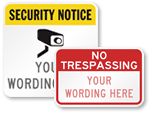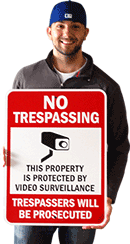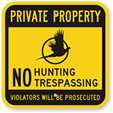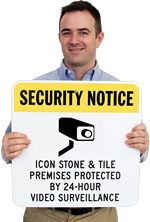Why we can never really evade surveillance
One July day in San Francisco, writer Kevin Roose tried to escape everyday surveillance for a 24 full hours. He wanted to do it while living his regular, daily life: checking the internet, posting to Twitter from his cell phone, riding public transportation and the like. He did not resort to wilderness hermitage.
The experiment, which he published in a three-part series in New York magazine (I, II, III), chronicled all the usual suspects. He puts his cell phones into aluminum foil packets, fashions himself a surveillance deflecting hat, and changes his route to the coffee shop to avoid ubiquitous on-street surveillance cameras.
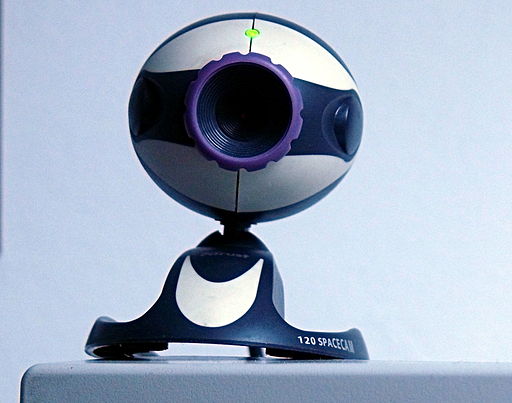
Our personal gadgets are the hardest-working surveillance units. From Simon.zfn
He turned off his Xbox and any device that tracked his whereabouts and movements, like his step-counter. Then he had to cover all the tiny cameras everywhere in his house – the ones in his laptop and phone chief among them. Deeply curious and very savvy hackers could gain access to the electric cameras remotely and just sit there, watching him. Can’t have that.
Laptops and cellphones, as we are now all painfully aware in the post-Snowden world, are the massive gaping holes in our personal privacy.
To make these all seeing eyes a little less sharp, Roose enlisted the help of professionals: the men behind SnoopWall and Silent Circle, both of whom specialize in shrinking a person’s surveillance footprint (and telling the deluded that there is, literally, no way of completely eliminating it). Roose then downloads a shockingly large number of apps to help scrub his ample (but largely average) cyber trail.

Wrapping cellphones in tin foil will prevent outside entities from gleaning information from it without your knowledge. From Heather Hopkins.
There are apps that encrypt text messages and emails, there’s Bitcoin currency, and another app that bounces his VPN to make it look like he’s using the internet from Bangladesh or Uganda or Brazil, even as he’s crouched over his laptop in a mid-sized American city.
Armed with all these apps and complicated software, however, Roose suddenly had something in common with online child pornographers and other people who truly have something to hide. He comes to this conclusion: “This is the catch-22 of the modern surveillance state — try to leave it and you just end up closer to its center.” Through the Snowden leaks, we know that the NSA has a program to monitor people who actively use and search for encryption and counter-surveillance tools. The very technologies made to hide you, are the ones that make you suspicious.
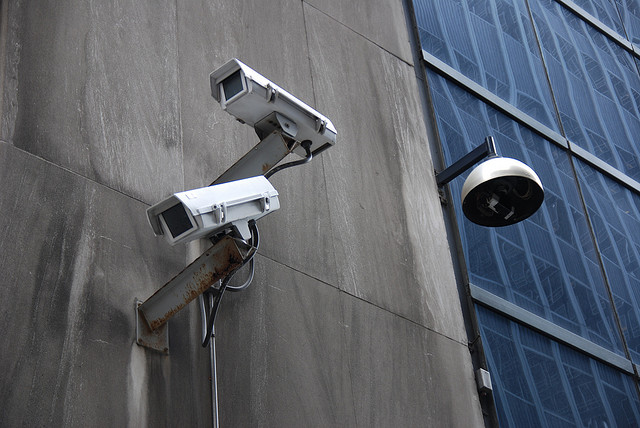
The all-watching eye of surveillance cameras. From Jonathan McIntosh.
Roose finds some comfort in the fact that within the giant tidal wave of information that the government gets, he’s simply not that interesting. Muslims, investigative journalists and the assassination-minded may have to worry, but boring law-abiding citizens can take comfort in the idea that they aren’t worth spying on. For now.
But, anonymity by way of living a boring life is a flimsy protection of privacy, and smacks of the sort of gilded rationalization that paves the road to the erosion of basic civil rights.
Category: Surveillance, Trespassing


